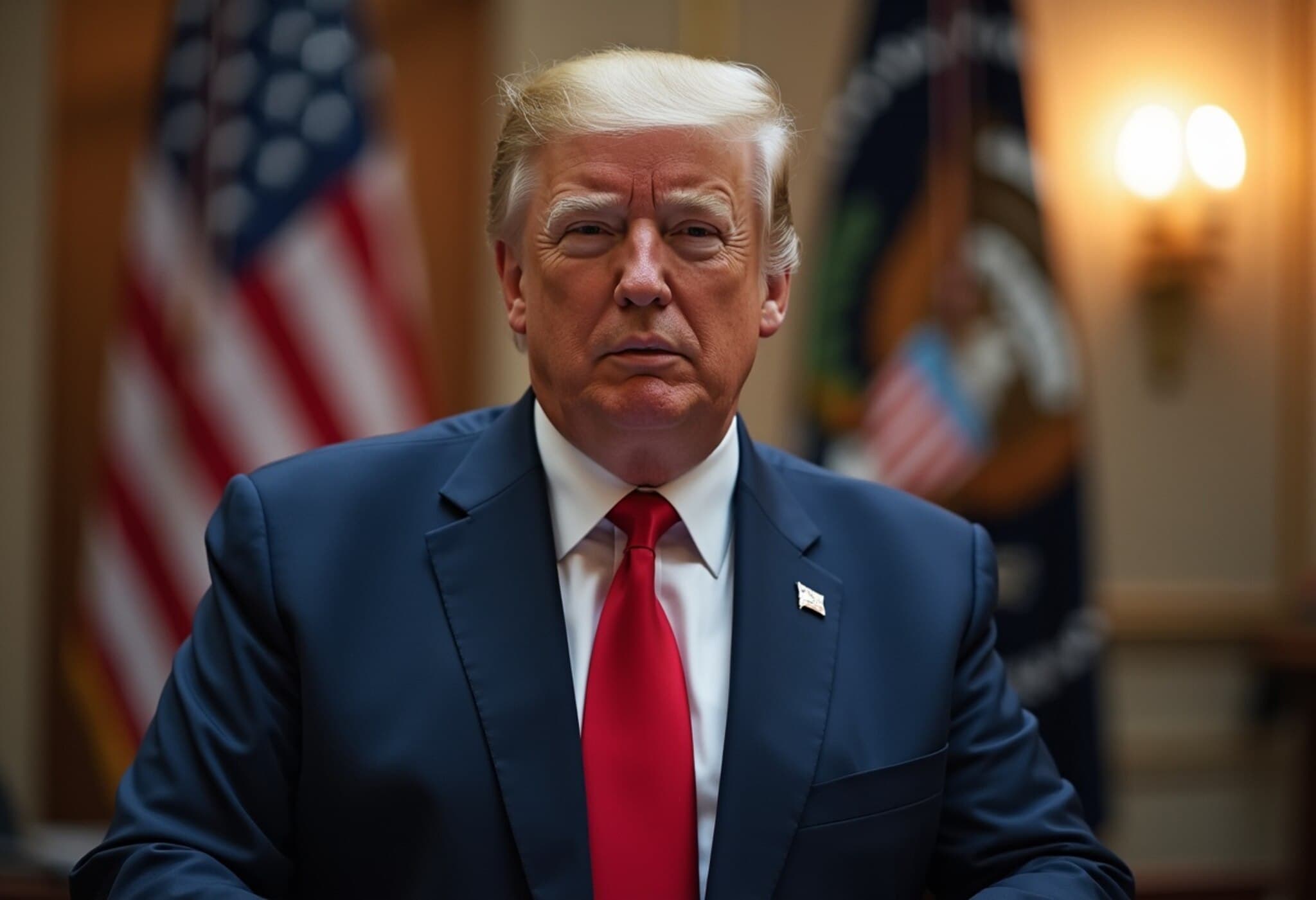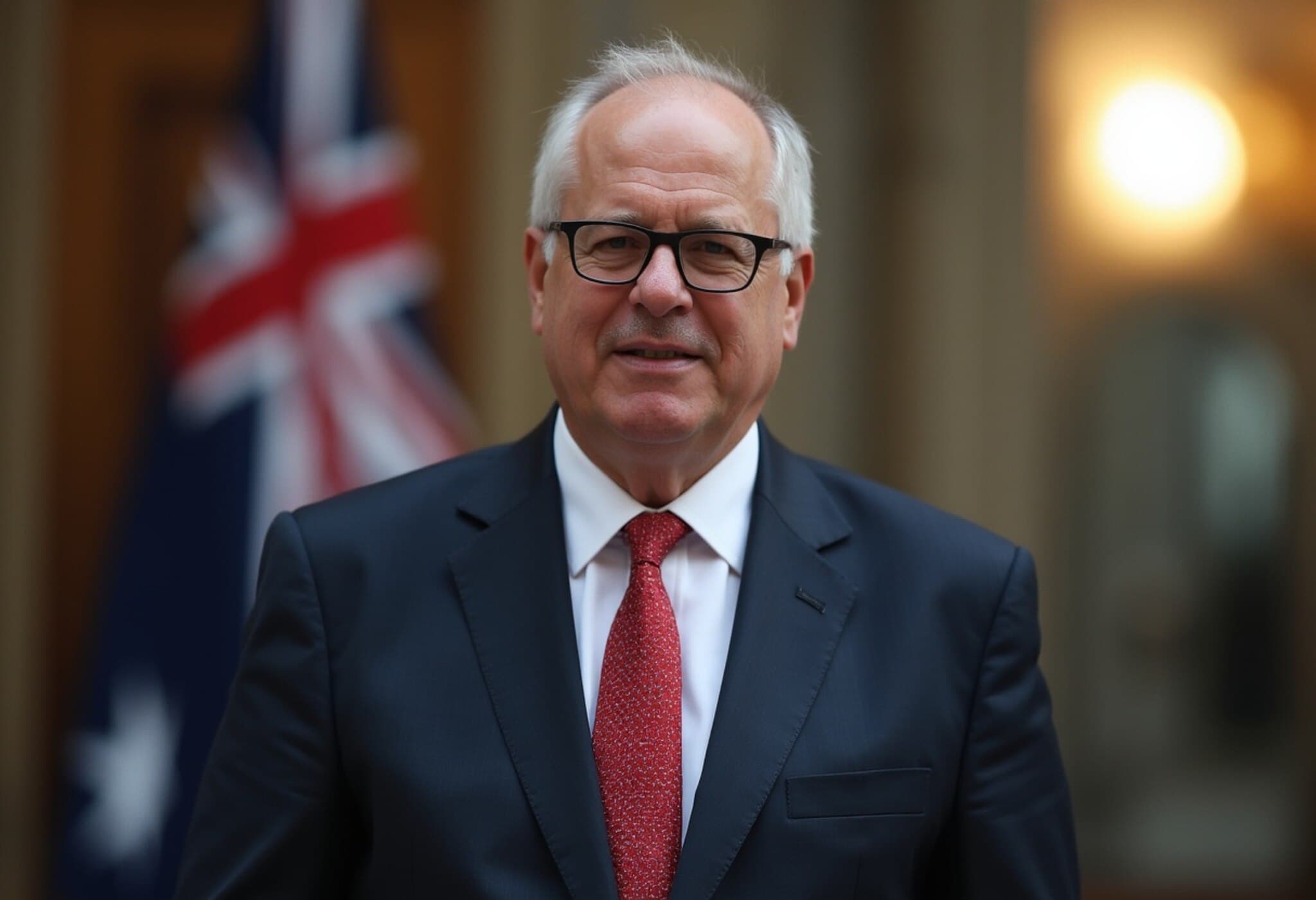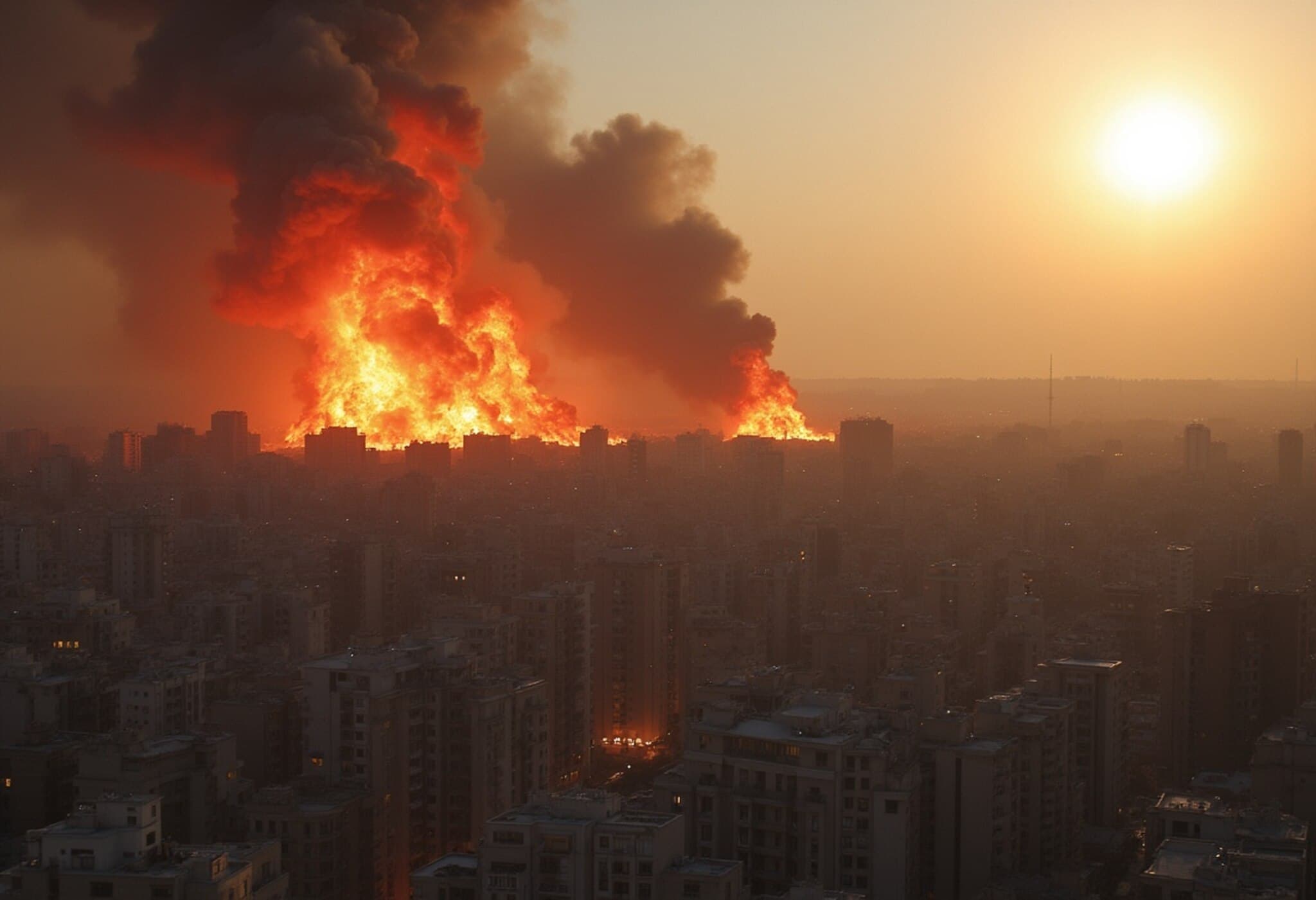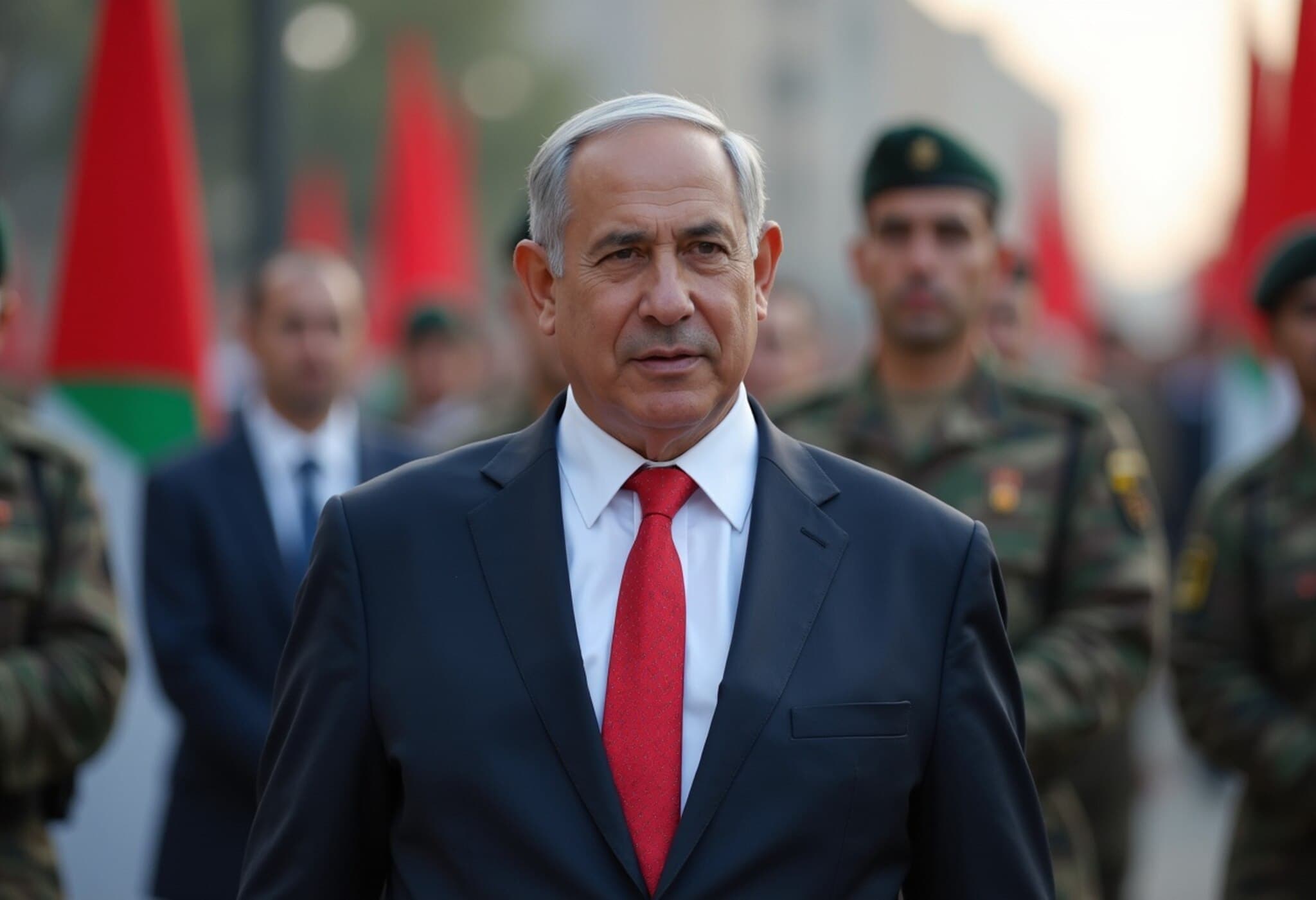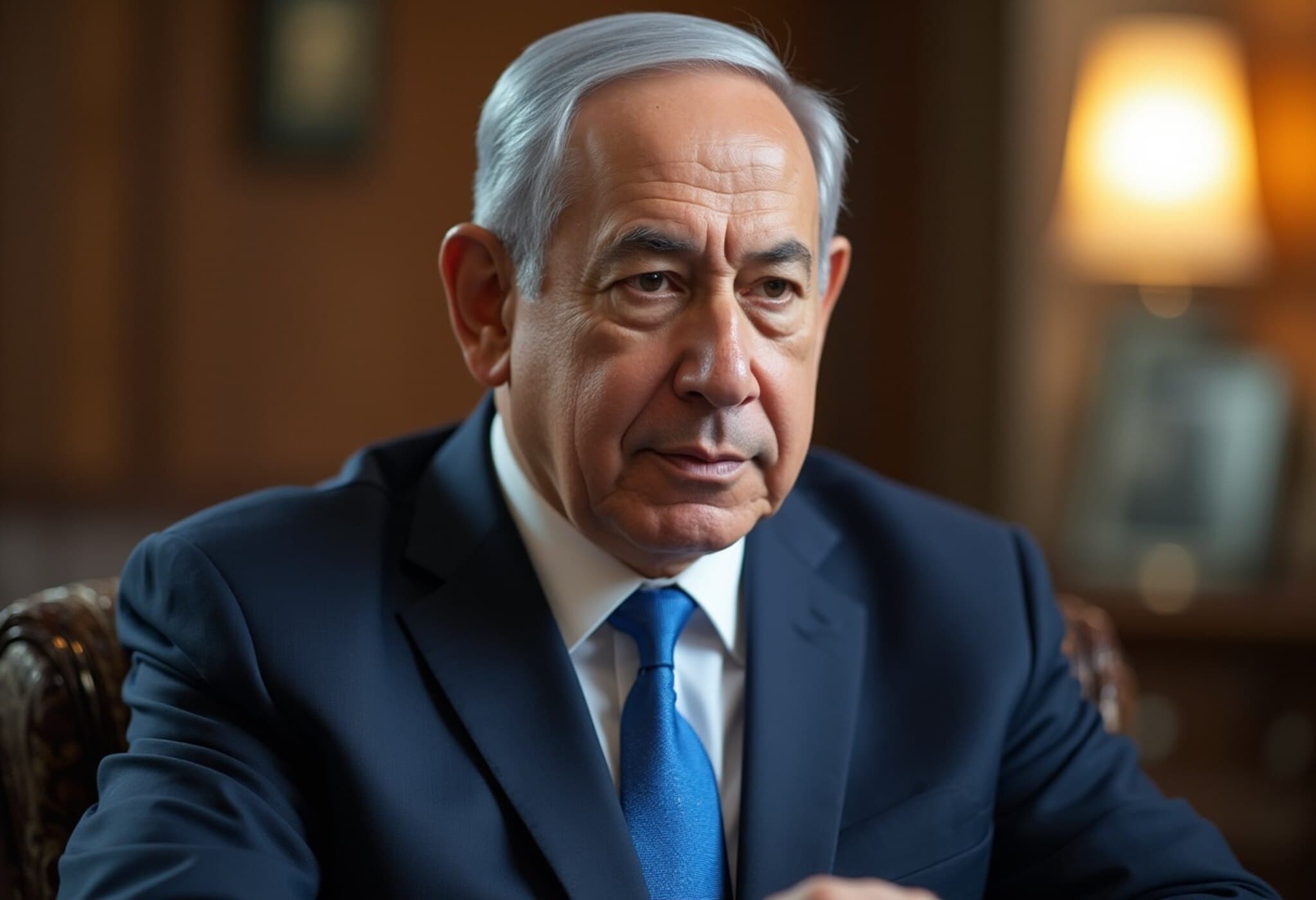Trump Calls for Universal Adoption of Abraham Accords to Foster Middle East Peace
Donald Trump, former President of the United States, has publicly urged all Middle Eastern countries to join the Abraham Accords — a landmark series of normalization agreements aimed at fostering peace and cooperation in a historically turbulent region. Speaking on his platform Truth Social on August 7, 2025, Trump emphasized the accords’ transformative potential, declaring that their expansion is essential to ‘ensure lasting peace in the Middle East.’
The Abraham Accords: A Diplomatic Milestone
Initially brokered in 2020 during Trump’s presidency, the Abraham Accords saw Israel normalize relations with the United Arab Emirates, Bahrain, Sudan, and Morocco. These agreements marked a significant realignment, opening doors for economic cooperation, security collaboration, and cultural exchange. They were widely hailed as one of the most consequential foreign policy achievements of Trump's first term, signaling a shift toward dialogue in a region long defined by conflict.
Controversial Claims on Iran’s Nuclear Arsenal
Alongside his push for broader participation in the accords, Trump asserted that Iran’s nuclear arsenal, which he described as formerly “created,” has now been “totally obliterated.” This claim, however, remains unverified by independent agencies and has raised eyebrows among international observers and experts. The International Atomic Energy Agency (IAEA) continues to monitor Iran’s nuclear activities closely, reporting that concerns about Tehran’s nuclear ambitions persist amid ongoing diplomatic friction.
Experts caution that while Trump's statement may reflect strategic posturing, without transparent verification, such assertions should be interpreted with skepticism. The status of Iran’s nuclear program remains one of the most precarious geopolitical flashpoints in global politics.
Regional Challenges and the Path Forward
The Middle East today grapples with a complex web of security issues: territorial conflicts, sectarian tensions, proxy wars, and nuclear proliferation fears. While the Abraham Accords symbolized a hopeful pivot toward détente, a comprehensive peace framework encompassing all regional actors remains elusive.
Trump’s renewed call to expand the accords underscores ongoing U.S. interest in shaping the diplomatic landscape of the Middle East, particularly as new administrations and global powers navigate shifting alliances and regional dynamics.
Implications for U.S. Foreign Policy and Regional Stability
- US Strategic Priorities: Engaging more Middle Eastern countries in the accords aligns with long-standing U.S. goals of stabilizing the region and countering adversarial influences, particularly Iran’s.
- Economic Opportunities: Broader normalization could unlock significant trade, energy, and technological cooperation benefiting multiple nations.
- Challenges Ahead: Deep-seated political divides, unresolved conflicts like the Israeli-Palestinian issue, and mistrust among key players present nontrivial hurdles.
Editor’s Note
The push to expand the Abraham Accords reflects an ongoing quest for peace in one of the world’s most volatile regions. Yet, claims such as the obliteration of Iran’s nuclear arsenal highlight the need for cautious scrutiny and reliable verification. As diplomatic efforts proceed, the question remains: Can incremental normalization efforts translate into comprehensive and enduring peace? Understanding the complex stakes requires close attention to both official developments and the undercurrents shaping Middle Eastern geopolitics.

